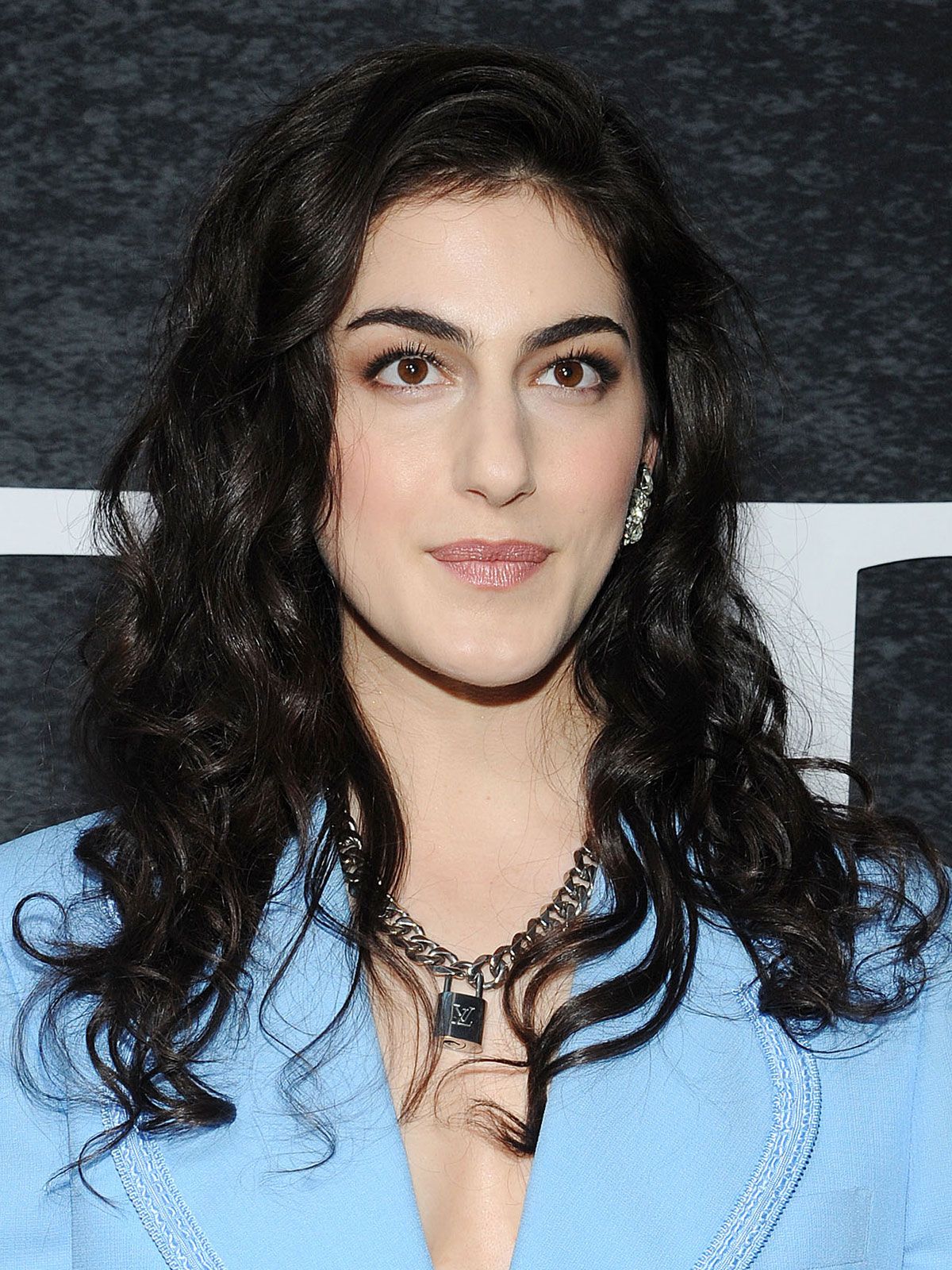Discovering The Truth: Is Lilli Kay Transgender?
In the world of entertainment, curiosity often surrounds the personal lives of celebrities, and Lilli Kay is no exception. With her rising fame, many fans and followers are eager to learn more about her background and identity. The question that frequently arises is, "Is Lilli Kay transgender?" This inquiry has sparked discussions on social platforms and among fans, focusing on the significance of gender identity in the public eye. As a talented actress known for her compelling performances, Lilli has captured the hearts of many. However, the conversation around her gender identity has become a topic of interest that extends beyond her artistic endeavors.
Throughout this article, we will delve deeper into who Lilli Kay is, exploring her biography, career highlights, and the factors that have led to the speculation regarding her gender identity. Understanding Lilli's journey is essential in addressing the question of whether she identifies as transgender and how this plays a role in her public persona. By examining her life, we can better appreciate the complexities of identity in today’s society.
As we navigate this topic, we will also highlight the importance of respect and understanding when discussing gender identity. It is crucial to approach such subjects with sensitivity and awareness, acknowledging that each individual's experience is unique. With that in mind, let us embark on a journey to uncover the truth surrounding the question: is Lilli Kay transgender?
Who Is Lilli Kay?
Lilli Kay is an emerging actress making waves in the entertainment industry. With her impressive talent and captivating presence, she has garnered a considerable following. Lilli was born on March 16, 1999, in New York City, and from a young age, she showed a passion for the performing arts. She pursued her dreams by studying at the prestigious New York University, where she honed her acting skills.
What Are Lilli Kay's Career Highlights?
Over the years, Lilli has appeared in several notable projects, showcasing her versatility as an actress. Some of her career highlights include:
- Starring in the hit series "Your Honor" alongside Bryan Cranston.
- Appearing in the critically acclaimed film "The Good Doctor."
- Participating in various theater productions in New York.
What Is Lilli Kay's Personal Life Like?
| Detail | Information |
|---|---|
| Name | Lilli Kay |
| Date of Birth | March 16, 1999 |
| Place of Birth | New York City, USA |
| Occupation | Actress |
| Education | New York University |
Is Lilli Kay Transgender? Exploring the Speculation
The question "Is Lilli Kay transgender?" has emerged in various discussions, with fans and media outlets speculating about her gender identity. It is important to note that Lilli has not publicly identified as transgender, and any assumptions made without her confirmation can perpetuate misunderstandings. Gender identity is a deeply personal aspect of an individual's life, and it is essential to respect Lilli's privacy regarding such matters.
Why Is Gender Identity Important in Today's Society?
Understanding gender identity is crucial in promoting inclusivity and respect for all individuals. In recent years, the conversation around gender has evolved significantly, with increasing recognition of the diverse spectrum of identities. By fostering an environment of acceptance, society can help individuals feel safe in expressing their true selves, regardless of gender identity.
What Can We Learn from Lilli Kay's Journey?
Lilli Kay's journey serves as a reminder of the importance of empathy and understanding when discussing sensitive topics such as gender identity. Regardless of whether she identifies as transgender or not, Lilli's talent and contributions to the entertainment industry deserve recognition. It is vital to focus on her achievements and the impact she has made rather than speculating about her personal life.
How Can We Support LGBTQ+ Representation in Media?
Supporting LGBTQ+ representation in media is essential for creating a more inclusive society. Here are some ways to promote and support diversity in entertainment:
- Encourage diverse storytelling by supporting projects that feature LGBTQ+ characters and narratives.
- Follow and uplift LGBTQ+ artists, actors, and creators in the industry.
- Engage in conversations around gender identity and representation to raise awareness and understanding.
What Are the Challenges Faced by LGBTQ+ Individuals in the Industry?
Many LGBTQ+ individuals face challenges in the entertainment industry, including:
- Typecasting and limited roles available for LGBTQ+ characters.
- Facing discrimination or bias from industry professionals.
- Struggling with public scrutiny regarding their identity.
Conclusion: Is Lilli Kay Transgender?
In conclusion, the question "Is Lilli Kay transgender?" remains a matter of speculation. It is vital to approach this topic with respect and understanding, recognizing that every individual has their own journey and identity. While Lilli Kay's personal life may be a subject of interest, it is important to focus on her accomplishments as an actress and the positive influence she has on her audience. By promoting inclusivity and supporting LGBTQ+ representation, we can foster a more accepting society for everyone.
Article Recommendations


